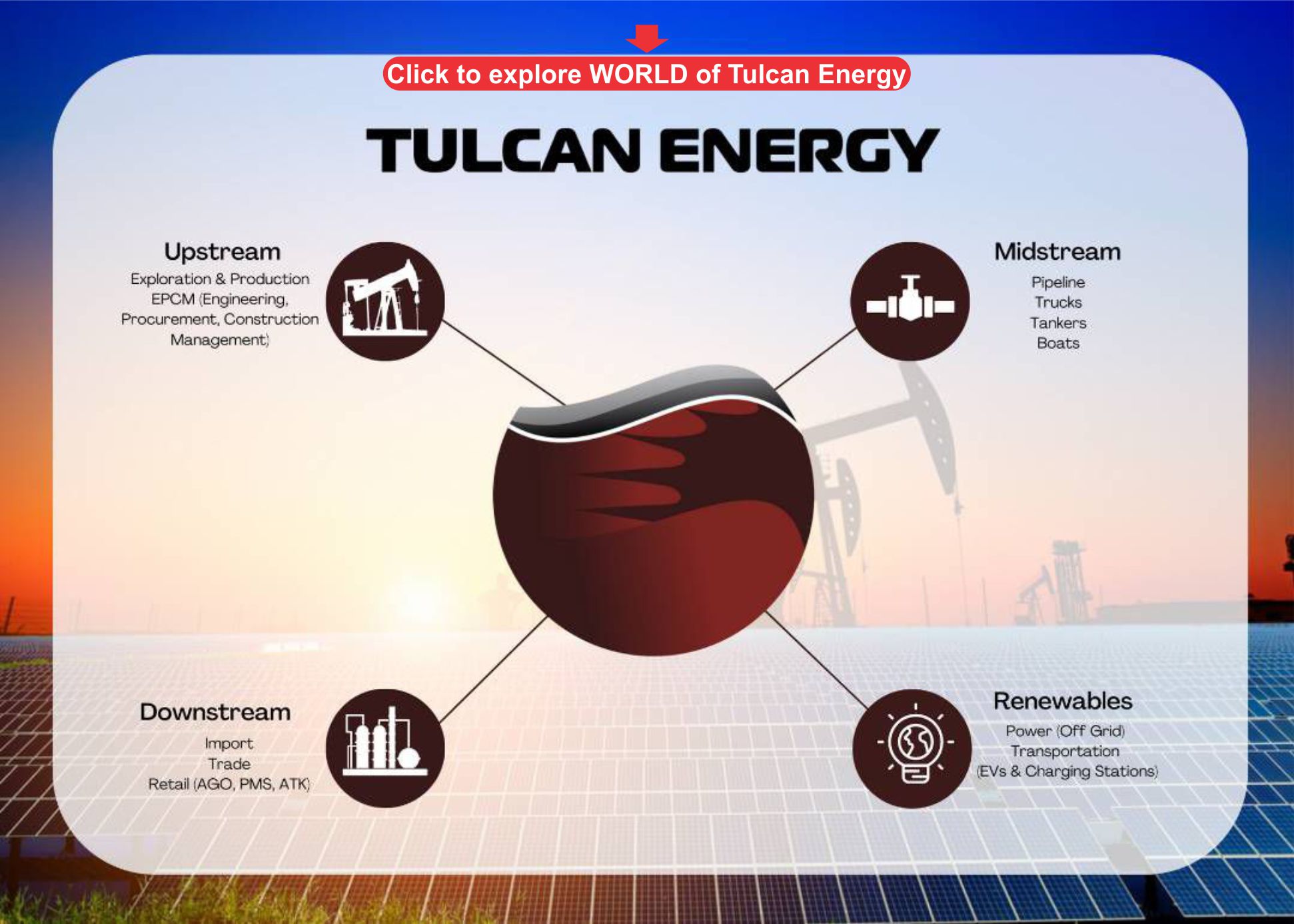Human survival water dependent but faced with global shortage, expert urges govt, private sector intervention
Femi OGUNLANA
Advertisement
A Professor of Civil Engineering at the Ladoke Akintola University of Technology, LAUTECH, Ogbomoso, Oyo state, Samson Olakunle Ojoawo, has called on government and private bodies to adopt recommended measures to combat the increasing water shortage and pollution challenges confronting the globe.
Prof Ojoawo stated that in the face of the water shortage challenge, adopting the measures advocated becomes imperative so as to enhance environmental sustainability in terms of human health and survivability.
“The increasing global potable water scarcity poses unquantifiable threats to human health, well being, social and economic development and environmental sustainability.”
Related Posts:
- LAUTECH don advocates incr’sed budgetary allocation for water ministry, unveils safest distance between well, ‘soak-away’
- Stranded trucks: Disease outbreak, flooding imminent in Ogbomoso – Don raises alarm
Noting the challenge is exacerbated by a combination of pollution, over-extraction, climate change and natural disasters, which he underlined demands “radical innovative solutions,” he stated that measures such as “phytoremediation and adsorption techniques in treatment of wastewater are proven modern techniques of water resources conservation in form of recycling to relieve the potable water.”
Ojoawo whose voice is being heard globally in recent times on issues related to environmental challenges made the above submission Wednesday in a presentation at the monthly technical talk of the Nigeria Institution of Environmental Engineering (NIEE), Oyo state chapter, on the topic, “Replenishing the depleted water resources: Phytoremediation and adsorption techniques.”
Advertisement
He emphasized phytoremediation and adsorption techniques are efficacious natural methods favouring adoption of plants and agro-residues respectively in the process, saying “turning them into useful products/wealth is to be encouraged and supported by all.”
He advocated treatment of effluents (liquid wastes) using the two techniques as suitable methods to supply water especially for non-potable uses like irrigating ornamental plants or sustaining fountains, recreational uses, toilet flushing, lawn and flower watering etc, asserting, this will help “to relieve the stress on potable water resources.”
Affirming the two methods, which involve construction of wastewater treatment plant, are better alternatives to conventional water treatment, Ojoawo who delivered the 58th inaugural lecture of LAUTECH earlier in July, noted that governments and private bodies are needed to commit resources to building artificial wetlands and laboratories gilded with necessary equipment to promote the replenishment of depleted water resources.
He averred, “Being cheaper and more environmental friendly approaches compared to the conventional wastewater treatment methods, Governmental and Private establishments are therefore implored to invest into the construction of artificial wetlands and equipment to institutions/laboratories where phytoremediation and adsorption techniques could be put to use for the sustainability of the environment.”
Earlier, he pointed out water use could be categorized into four namely, for conveniences at the toilet and bathroom facilities, which he says amounts to 44.2%; clothes and dishwashing – 23.1%; drinking, 15.7%; with leakages and other culinary uses accounting for 3.7%, while stating the available water is now reducing due to factors such as “anthropogenic activities, climage change and natural disasters.”
He thus stressed, “With this global water shortage challenge, there is a dire need to remediate the wastewater as a form of recycling to augment the supply.”
Advertisement

Phytoremediation according to him involves use of plants to remove and degrade contaminants from the environment (soil, sediments and water), while adsorption he says encompasses use of agro-residue as “adsorbents” to eliminate water pollutants to make fit for use.
Mentioning various plants ideal for these techniques such as pawpaw, melon husk, neem tree, maize stalk, rice husk, mango tree, duckweed, water hyacinth, alligator weed etc, he informed the methods are products of various research endeavours which had ascertained their suitability.
He said these methods are cost effective, renewable and regenerative, and promotes ecosystem intimacy, waste conversion to wealth and resource recovery asserting they are the way to go





